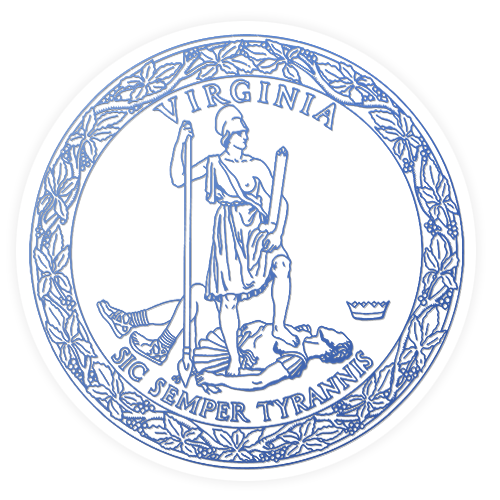
RICHMOND—Governor Ralph Northam, Virginia House of Delegates Speaker Kirk Cox, and a bipartisan group of legislators today announced a historic agreement to clean up large coal ash ponds in Chesapeake City and the counties of Prince William, Chesterfield, and Fluvanna.
The agreement, supported by Democratic and Republican members of both the House and Senate, would require more than 27 million cubic yards of coal ash be removed from unlined ponds in areas adjacent to major waterways.
“This agreement represents a key breakthrough in preserving our natural resources and protecting water quality,” said Governor Northam. “Our effort will ensure we are disposing of coal ash in the safest, most environmentally-responsible way, and I want to recognize the General Assembly and members of my team for coming together around a solution.”
Governor Northam thanked Senator Scott Surovell, Senator Frank Wagner, Senator Amanda Chase, Senator Rosalyn Dance, Delegate Jennifer Carroll Foy, and Delegate Riley Ingram for carrying legislation on this important issue.
At least 25 percent of the ash will be recycled for beneficial use, with the remainder disposed of safely in modern, lined landfills. The bill also limits the amount of removal costs that can be recovered from ratepayers in any given year, and includes language to minimize transportation impacts of closure activities on nearby communities, promote the training and hiring of local workers, and encourage further recycling and beneficial reuse.
“I live near the Appomattox River and know how important it is to protect our waterways,” said Speaker Kirk Cox. “In my community residents were most worried about the prospect of the 300 trucks per day for 15 years as some plans had suggested. This is a responsible, middle-ground approach that will minimize truck traffic in communities close to these power stations while still protecting our rivers, Chesapeake Bay tributaries and our drinking water.”
Concerns about using an approved, but potentially inadequate closure method for these ponds called “cap-in-place” led the General Assembly to impose a moratorium on closure the last two years while alternatives were explored. The recycling report released by Dominion Energy in November 2018 showed that much more of this material than previously thought is valuable for beneficial reuse, such as making bricks or concrete.
“Clean closure of these sites will reduce the likelihood of a massive spill that could devastate tributaries to the Chesapeake Bay, and remove the possibility of contaminated groundwater,” said Secretary of Natural Resources Matthew J. Strickler. “We have invested too much in protecting and restoring water quality in the Commonwealth to risk a setback that we know is preventable.”
“I have watched this issue very closely over the last several years and vowed to make sure that the coal ash ponds are handled in an environmentally sound manner that protects our communities and waterways,” said Delegate Riley Ingram. “I am proud to support this bipartisan plan to safely recycle and secure coal ash, with minimal costs to ratepayers.”
“The most important part of this plan is that it strictly prohibits the use of cap and close in place methods,” said Senator Amanda Chase. “This is a plan that protects ratepayers, our environment, and the communities that we live and raise a family in.”
“The concern my constituents have always had is the cost worth the benefit,” said Senator Frank Wagner. “This reasonable approach will protect ratepayers, limiting the costs passed on to residential customers, while still taking the necessary steps to dispose of the coal ash without damaging our environment.”
“This coal ash agreement reflects the best of who we are as a Commonwealth—coming together to solve a problem that is affecting thousands of Virginia residents,” said Delegate Jennifer Carroll Foy. “As the delegate whose district contains the Possum Point coal ash site, I am pleased to finally solve this problem and ensure that families in my community will have access to safe drinking water. No mother or father should ever need to think twice before turning on the faucet. I applaud all the stakeholders for their willingness to come to the table and deliver positive results for the people of Virginia.”
# # #